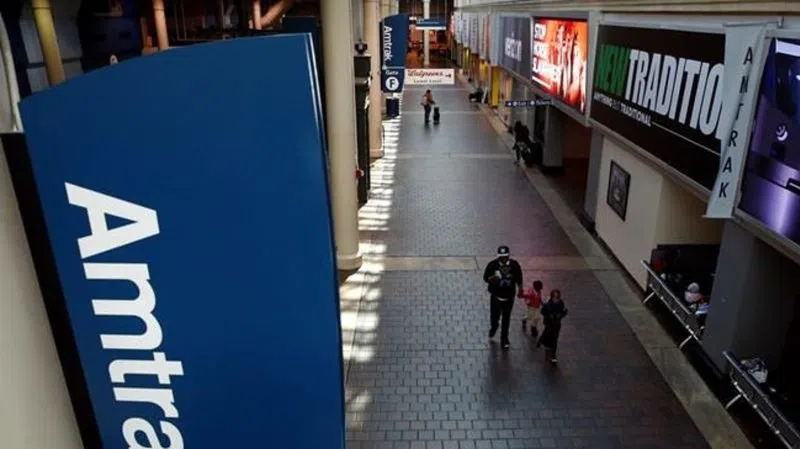
Millions holed up at home as U.S. routines shift profoundly
CHICAGO — Millions of Americans began their work week holed up at home against the coronavirus Monday as the escalating outbreak shifted the nation’s daily routines in ways never before seen in U.S. history.
With wide swaths of the economy shuddering to a halt, stocks nosedived more than 11% on Wall Street in the morning, triggering an automatic 15-minute halt to trading. The sell-off came despite emergency Federal Reserve action late Sunday that cut the key interest rate to near zero.
The best-case scenario for many investors now is that the economic shock will be steep but short, with growth recovering later this year as stores and businesses open back up. Pessimists, though, are preparing for a longer haul.
The U.S. surgeon general, meanwhile, said the number of coronavirus cases in the United States has reached a level comparable to what disease-battered Italy recorded two weeks ago — a signal that infections are expected to rise in America.


